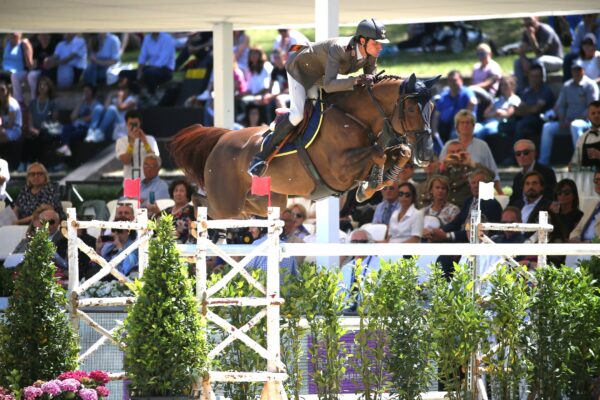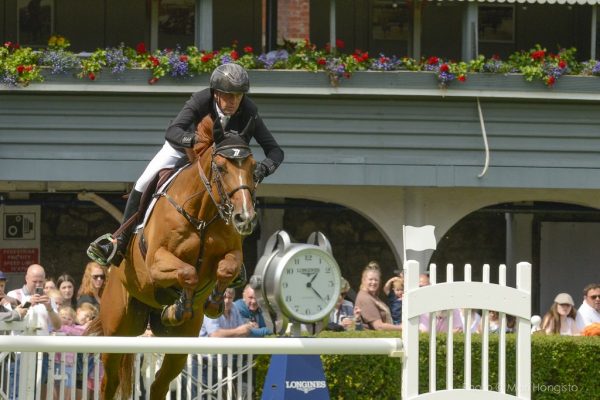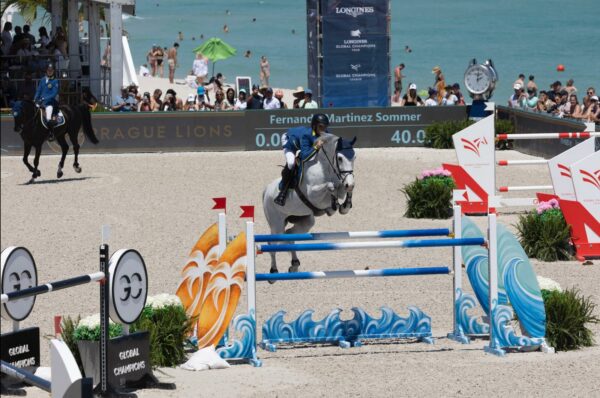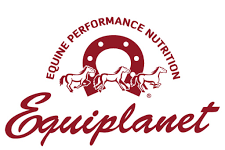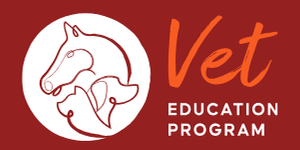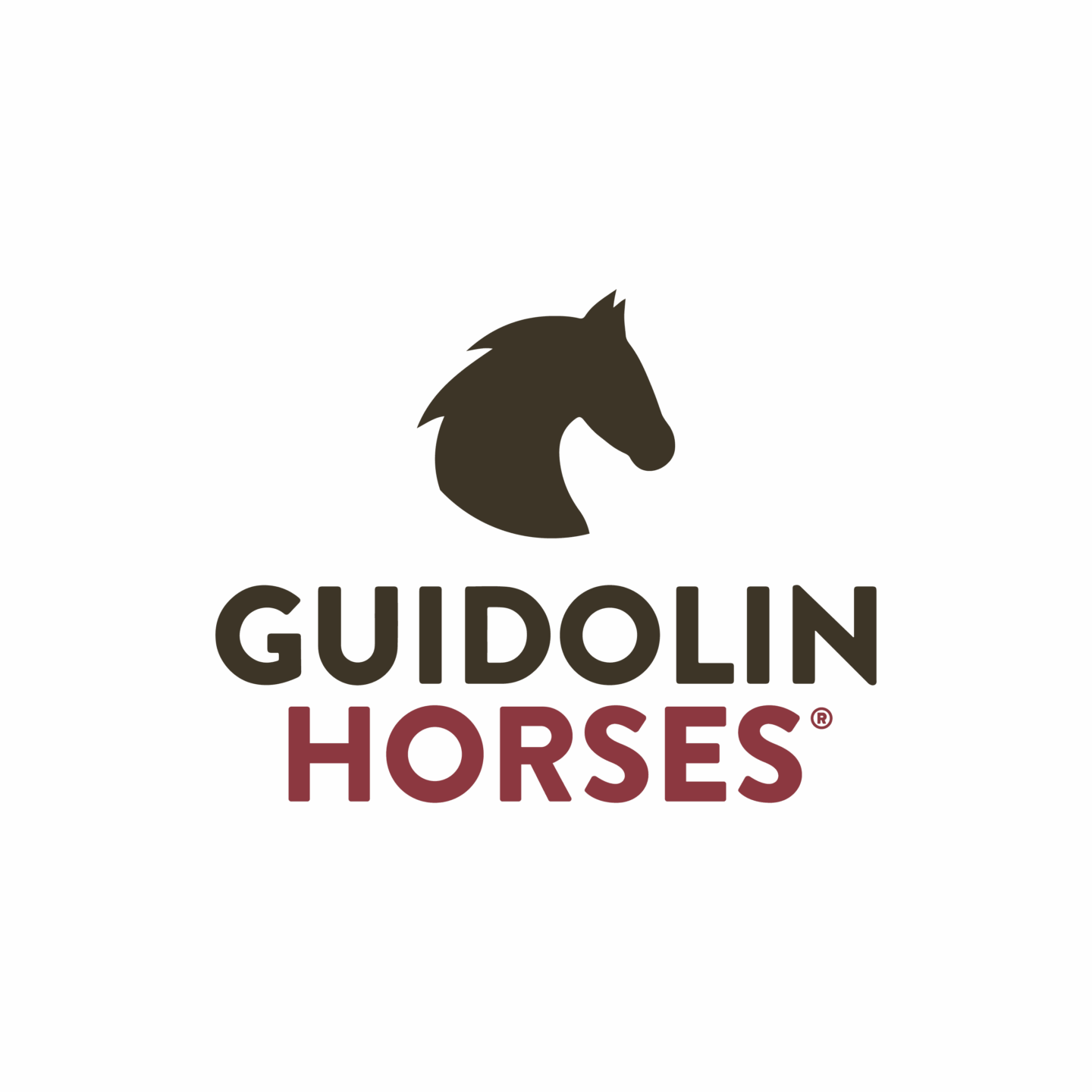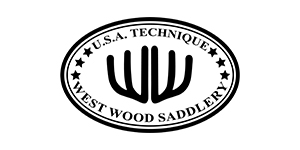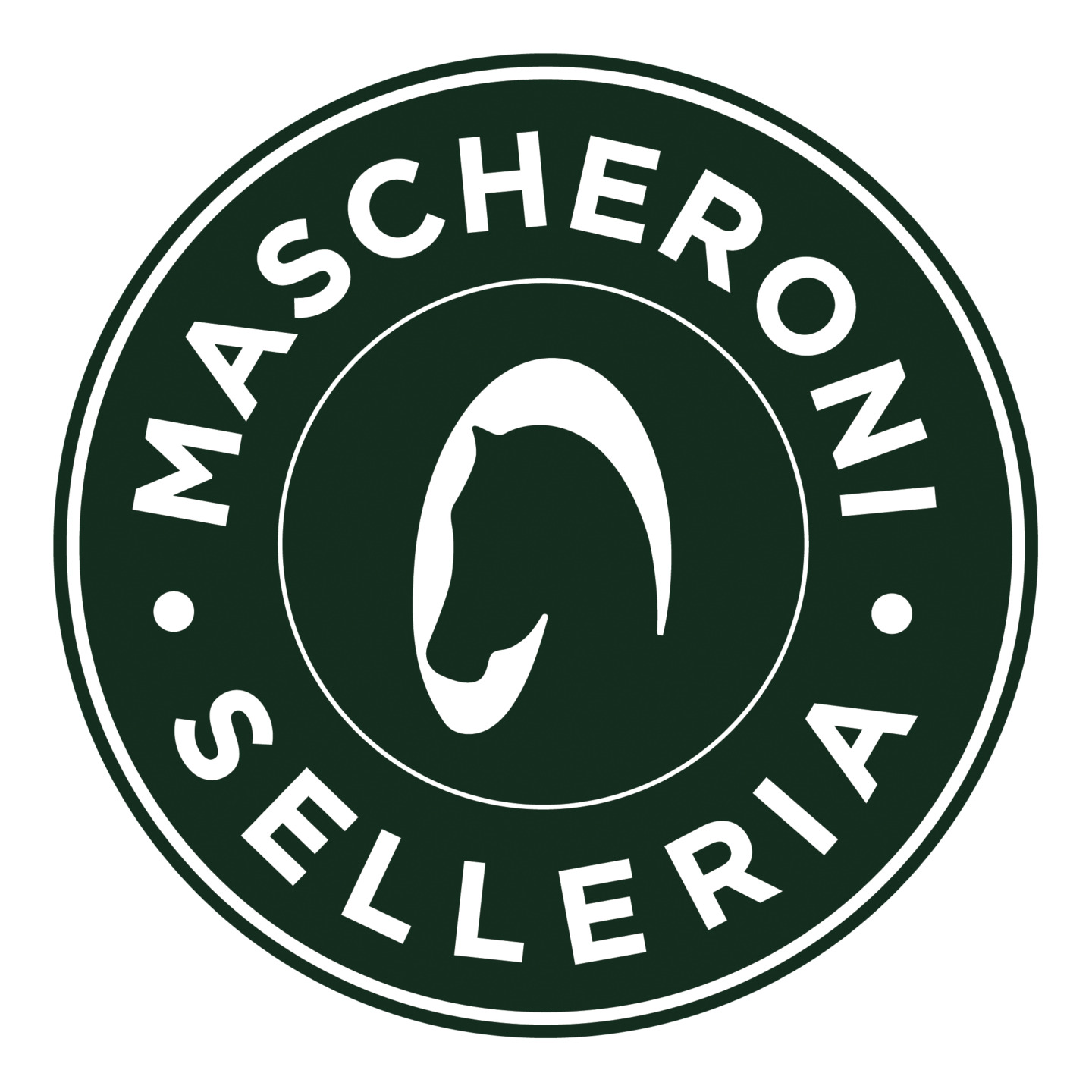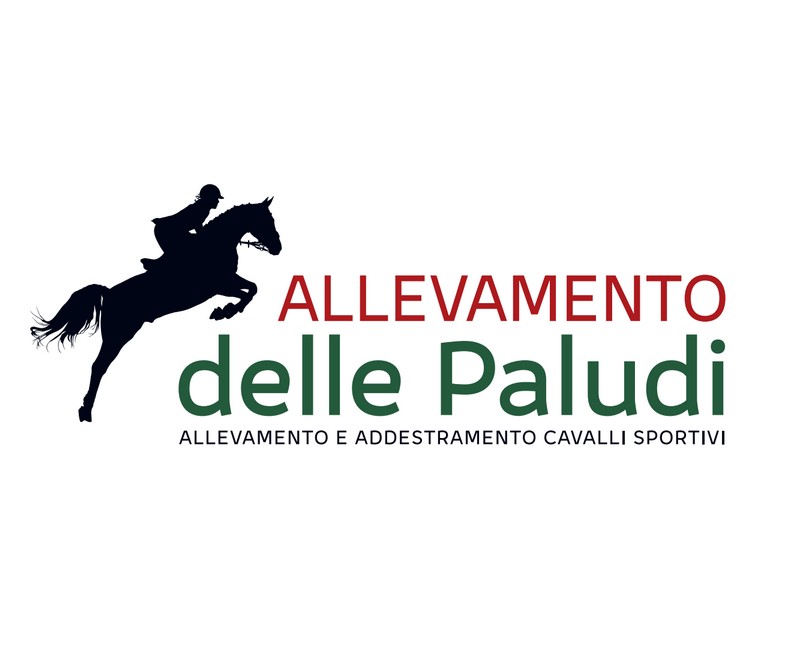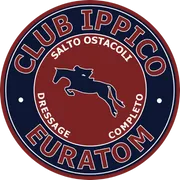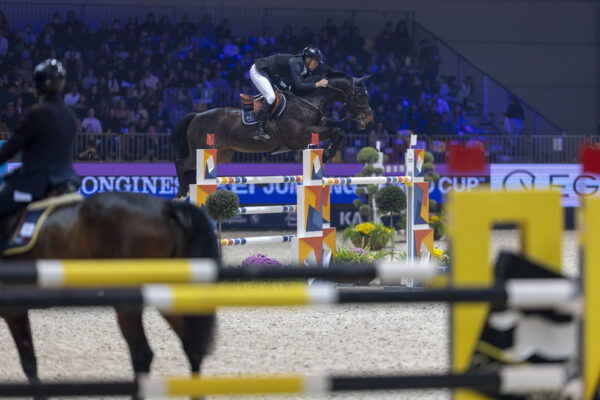
Jens Fredricson: A Life Dedicated to the Art of Riding
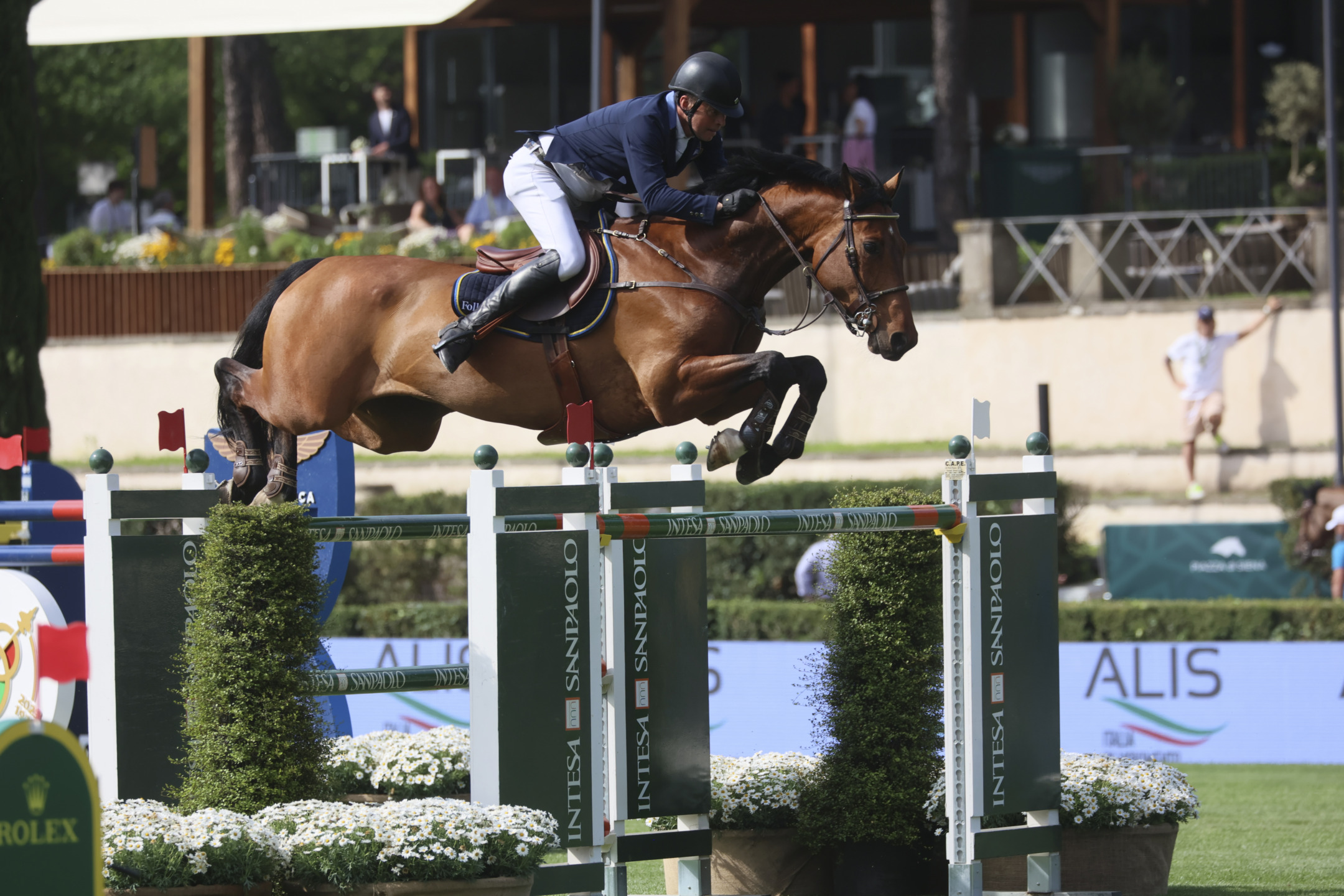
Jens Fredricson is not just a name recognized on international show jumping leaderboards, but a true horseman whose journey is deeply intertwined with the evolution of Swedish equestrianism. As a respected rider, trainer, and mentor, Jenshas built a career based on patience, knowledge, and an unwavering passion for horses.
A Childhood Rooted in Horses
Born into a family where horses were always part of the landscape, Jens’s foundation in equestrianism began early.
“My father was a veterinary professor, and while he never competed at a high level, he was very passionate about horses,” Jens recalls. “He passed that on to me and my brother Peder. He supported us a lot when we were starting out in dressage, eventing, and show jumping.”
Growing up at the National Equestrian Centers Flyinge and Strömsholm, Jens was surrounded by some of the brightest talents in Swedish equestrian sport.
“We were lucky. We grew up riding and training with people like Rolf-Göran Bengtsson. It was an incredible environment,” he says. “Peter Eriksson was there too, riding eventing under Jan Jönsson, who won an individual bronze medal in Munich. We had a super start, I must say.”
Choosing Show Jumping
Though he began his journey dabbling in multiple disciplines, including dressage and eventing, Jens eventually found his calling in show jumping.
“I think everyone should start with eventing,” he says. “You learn so much—balance, speed, and how to train a horse from the ground up. But in the end, I felt very clearly that I wanted to do show jumping. That’s where my passion lies.”
Training Philosophy: Patience, Balance, and Education
Jens’s approach to training horses is shaped by his decades of experience, both in competition and as a long-time instructor at Flyinge and Strömsholm since 1993. His philosophy emphasizes holistic development and the mental and physical well-being of the horse.
“When they’re young, I ride them outside a lot—cross-country, dressage, a bit of jumping,” he explains. “It’s about making them strong, happy, and teaching them to think forward.”
His method is grounded in patience and progressive training.
“The horse is not born with a saddle, bridle, or rider. You need to teach them slowly to carry themselves with good balance, a long neck, and self-carriage. It sounds easy, but it’s not.”
He also stresses the importance of good mentorship:
“As a young rider, you need an experienced trainer who can show you the way. I’ve seen thousands of horses, and that knowledge matters.”
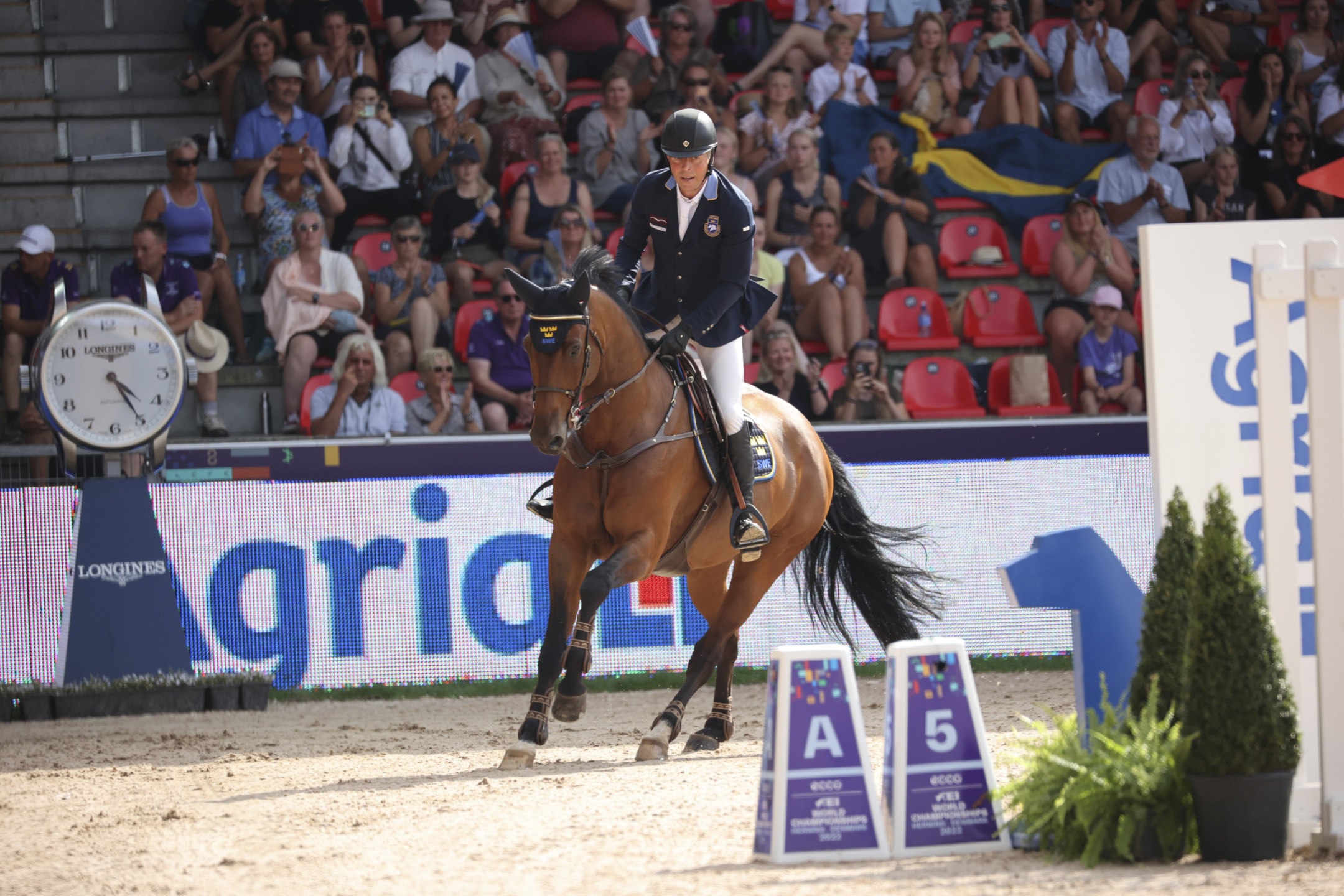
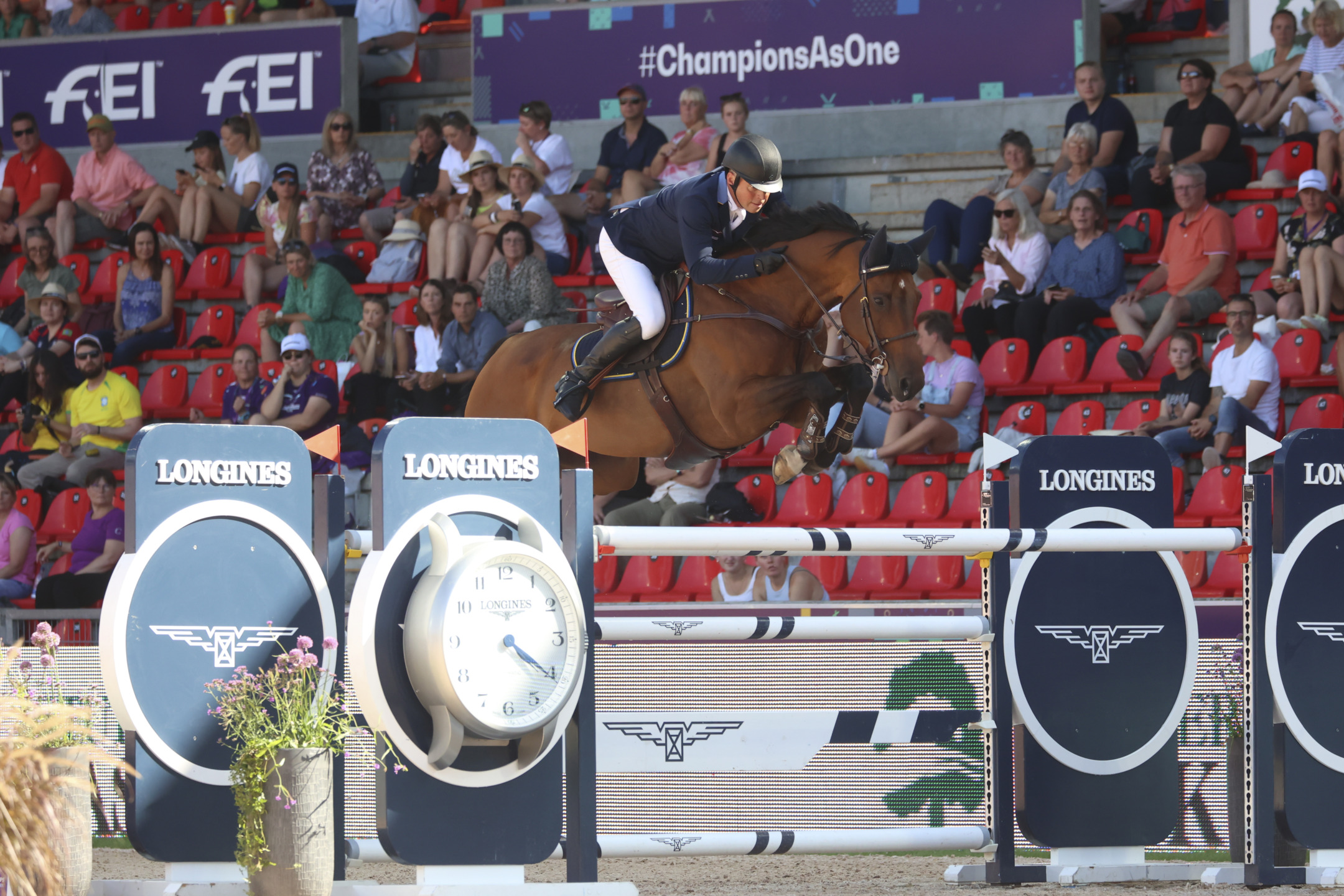
The Unexpected Stars
Some of Jens’s most successful horses weren’t bred or bought as champions.
“A lot of my best horses were originally school horses,” he laughs. “They were a bit too difficult for students, so I trained them myself. R.S. Isac was a superstar, and Markan Cosmopolit was also bought as a school horse.”
What makes a top horse, according to Jens?
“If a horse is sound, has a big canter, a good heart, and you educate it slowly, most of them can jump very high fences. You just need to train them right.”
Career Highlights
Among his many accomplishments, one memory stands out for Jens—the Nations Cup victory in Falsterbo.
“Winning at home, with riders who are lifelong friends, in front of that crowd… that was emotional. One of the highlights, for sure.”
Despite his accolades, Jens maintains a humble outlook.
“People see the medals, but not the work behind them. I’ve always worked full-time, teaching and training. Only recently have I been able to focus a bit more on the sport.”
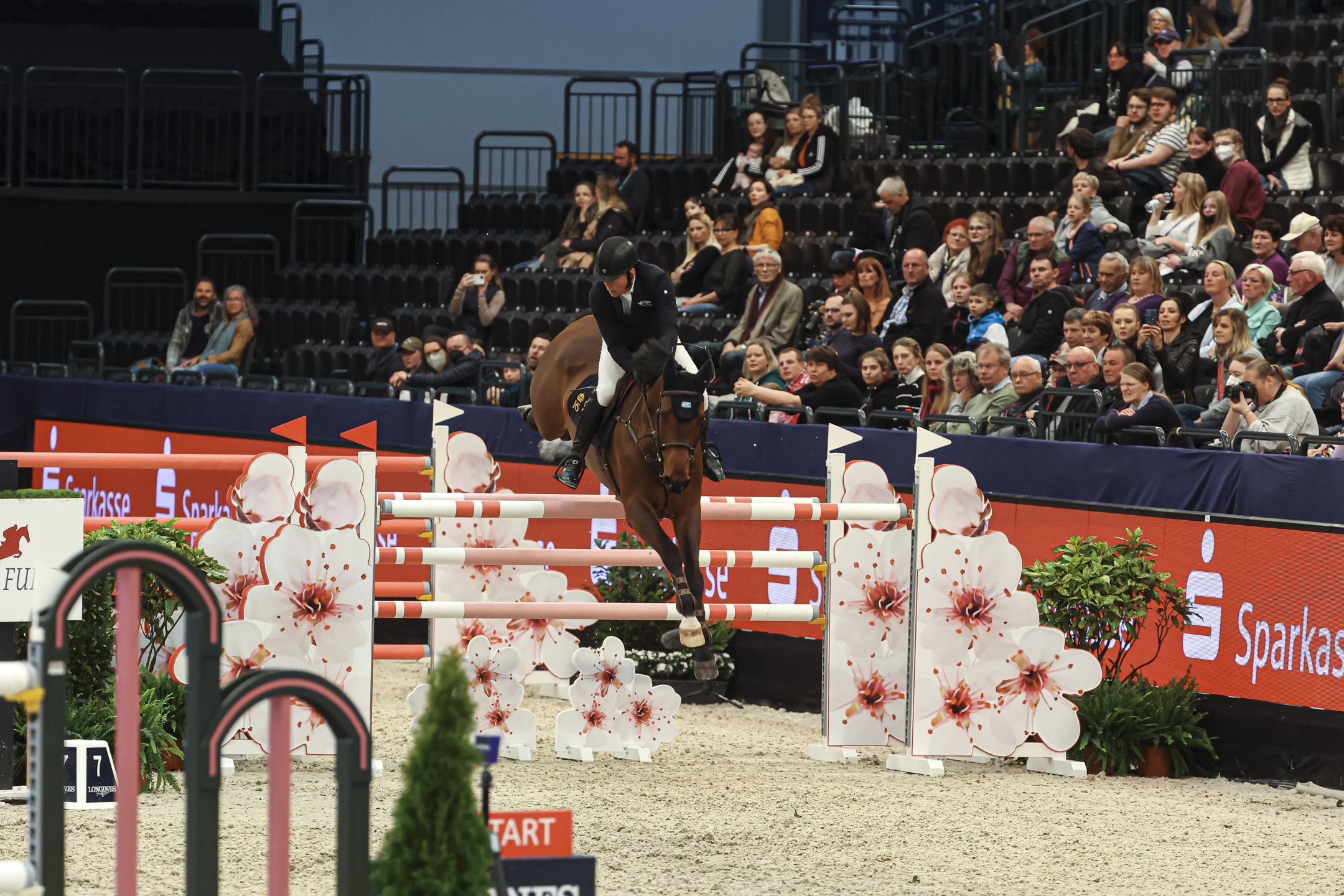
A Family of Horsemen
Jens’s relationship with his younger brother, Peder Fredricson, one of the world’s top riders, is a pillar in his life.
“We talk almost every day. We’ve always supported each other,” he says. “When one of us is competing, the other is there, but quiet—only stepping in when needed. That’s the best help.”
Their dynamic is defined by mutual respect and shared passion, not rivalry.
“There’s no competition between us. When we’re both in it, I see it as two chances to win,” Jens adds. “I’m the older brother, so I was more supportive early on. But as Peder became more successful, he started supporting me more. It goes back and forth.”
Jens also admires Peder‘s innovative mindset.
“He’s a bit of a pathfinder. He was the first to write down every distance when walking a course. Everyone laughed at first—and now, everyone does it. That’s Peder.”
The Secret Behind Sweden’s Success
Sweden has become a dominant force in international show jumping, and Jens believes this is no accident.
“About 25–30 years ago, we weren’t at the top. But the federation made smart decisions. We trained with the best in the world—Nelson Pessoa, Franke Sloothaak, Henk Noren. They brought us discipline and insight.”
He credits Swedish riders like Rolf-Göran Bengtsson, Henrik von Eckermann, and Malin Baryard-Johnsson for setting the bar.
“Malin is amazing. She’s 50 now and still winning. She’s a true winning spirit.”
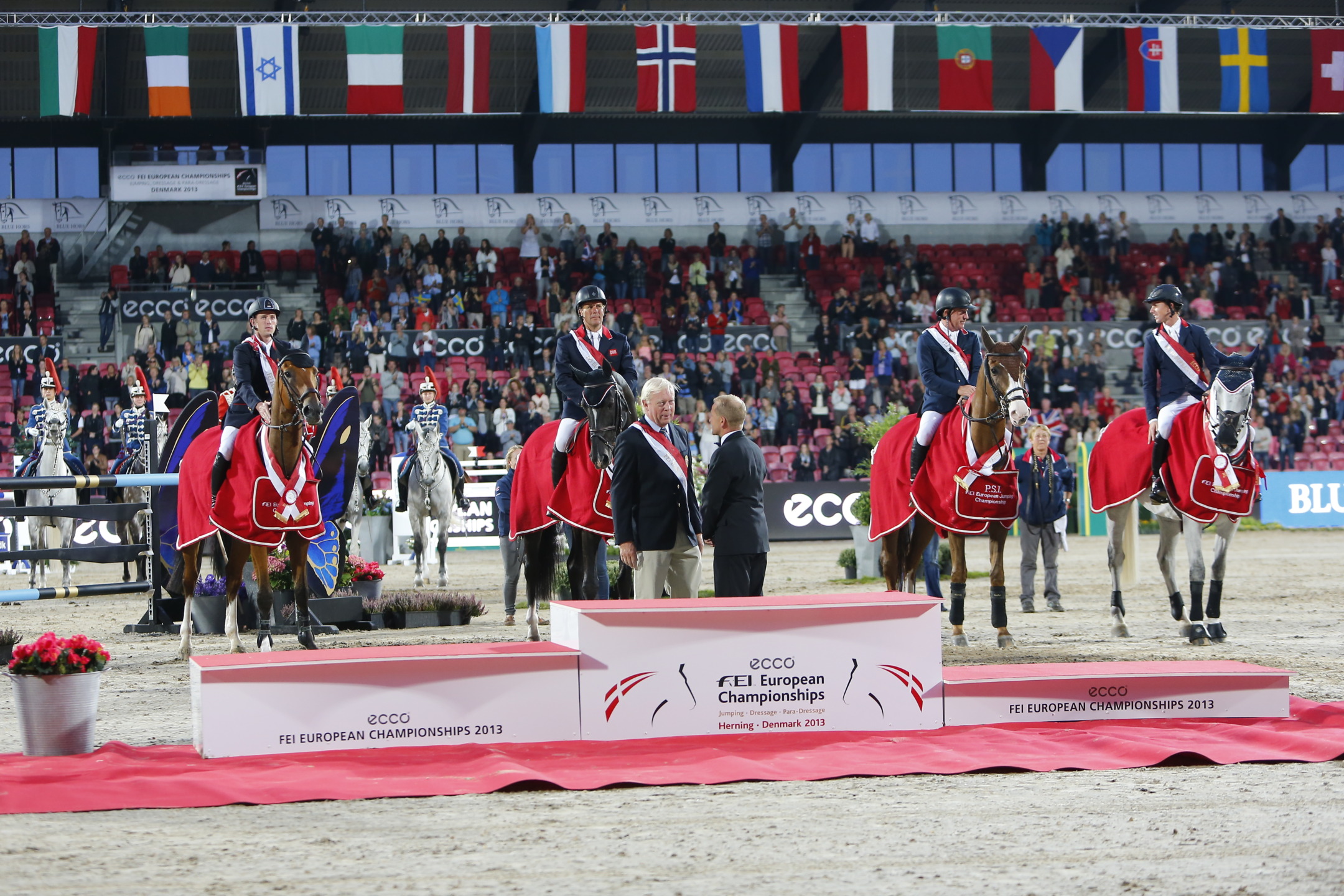
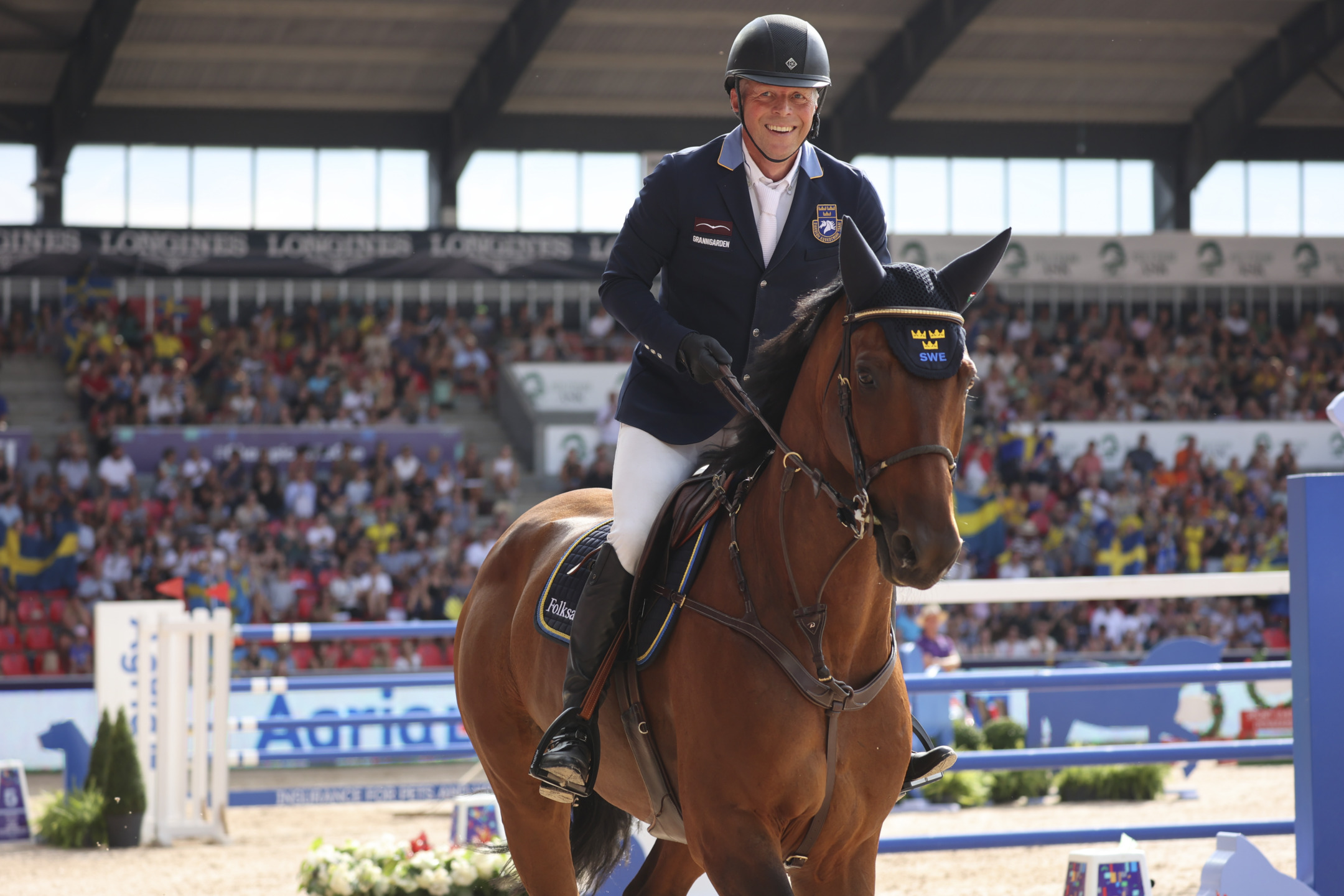
Teaching the Next Generation
As a trainer and mentor, Jens places emphasis on horse welfare and the artistry of riding.
“If you don’t love horses, you shouldn’t ride. Winning is great, but it’s not everything. Riding should be a beautiful, silent communication between horse and rider.”
He encourages his students to embrace the small steps and focus on feel.
“If you struggle in trot, go to walk. If walk doesn’t work, maybe it’s time someone else rides the horse. You need to always put the horse first.”
Looking Ahead
At 58, Jens remains active in the sport, though his goals have evolved.
“An individual Olympic medal would’ve been fantastic, but time is running,” he admits. “Now, I enjoy watching my kids ride. My wife rides and supports us too. I’ll keep riding as long as I love it—and I really do.”
And as any horse parent knows, he adds with a smile:
“I’m more nervous when my kids jump than when I do.”
Valentina Sozzi | Ph Stefano Secchi
Correlated articles
Read the article “Peder Fredricson: reflections on a lifelong journey with horses“
© Rights Reserved.


